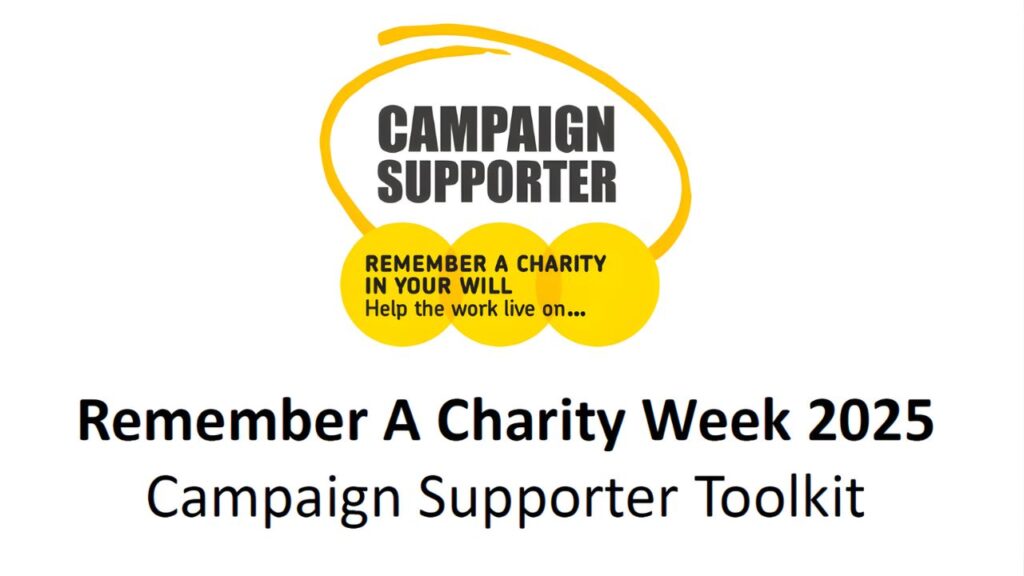Probate is the legal process of administering a deceased person’s estate. It involves proving that their will is valid (if they have one), gathering their assets, paying any debts and taxes, and distributing the remaining estate to the beneficiaries. If no will exists, Latters of Administration follows the rules of intestacy to determine who inherits the estate.

If a valid will exists, the executor must apply for a grant of probate, which is a legal document giving them the authority to manage the deceased's estate. This allows them to collect assets, pay debts, and distribute the estate according to the will.
If there is no will, a grant of letters of administration is required. This allows an appointed person, usually a close family member, to manage and distribute the estate according to the rules of intestacy.
One of the key roles of the executor or administrator is to settle any outstanding debts and pay any inheritance tax or other taxes owed by the estate before distributing the remaining assets.
Once debts and taxes are cleared, the executor or administrator can distribute the estate to the beneficiaries. This is done according to the instructions in the will or, if there is no will, following the rules of intestacy.
Probate is necessary to legally manage and distribute the estate, ensuring that the deceased’s wishes are respected and that the process is handled fairly and correctly. Without probate, it may be difficult for beneficiaries to access funds, sell property, or settle debts.

Most of us have to deal with probate at some point. Here are the answers to a few of our most commonly asked questions. If your question isn’t answered here, or you’d like to find out more about probate, please get in touch.
The process of administering someone’s estate when they die is called probate. When someone dies, a formal grant of probate must be obtained from the probate registry so that the estate can be divided between their beneficiaries. There are circumstances when a grant isn’t needed, such as if the estate is worth less than £5000. Many people think that their estate isn’t worth that much, but are surprised how much it all adds up to when personal possessions, cars, jewellery, shares and cash savings are included.
If you’ve been named as the executor of a Will, you’ll need to know about probate. It’s your responsibility to sort out the affairs of the person who has died. You’ll have to access their bank accounts, investments and other assets so that you can pay their debts and any inheritance tax. You’ll also be responsible for distributing their estate. For all this, you’ll need a grant of probate.
There are 3 main stages to obtaining probate. Don’t worry, we know it might look daunting, but we can guide you through it.
If someone has died without leaving a Will, their next of kin will usually take on the responsibility for probate. The process is a bit different, but we’ll guide you through each step.

The probate process can be complex and time-consuming. We’re here to help you navigate every step, ensuring the estate is properly managed and distributed. Contact us today for expert guidance on probate and estate administration.
We’re looking forward to helping you get your estate planning sorted.
Don’t worry if you’re not sure where to start. We’re here to guide you through the process.
The guidance and/or information contained within this website is subject to the regulatory regime of England and Wales and is therefore targeted at consumers based in the England and Wales only.
Customer service email address: admin@lamond-wills.co.uk.
Return policy: You have a right to cancel any agreement within 14 days by emailing the company using our customer service email address above.
© 2026 Lamond Wills Ltd Registered in England & Wales, No. 12618945.
Registered Office: Lamond Wills, Sparkhouse, Ropewalk, Lincoln, LN6 7DQ.



The guidance and/or information contained within this website is subject to the regulatory regime of England and Wales and is therefore targeted at consumers based in the England and Wales only.
Customer service email address: admin@lamond-wills.co.uk.
Return policy: You have a right to cancel any agreement within 14 days by emailing the company using our customer service email address above.
© 2024 Lamond Wills Ltd Registered in England & Wales, No. 12618945.
Registered Lamond Wills, Sparkhouse, Ropewalk, Lincoln, LN6 7DQ.